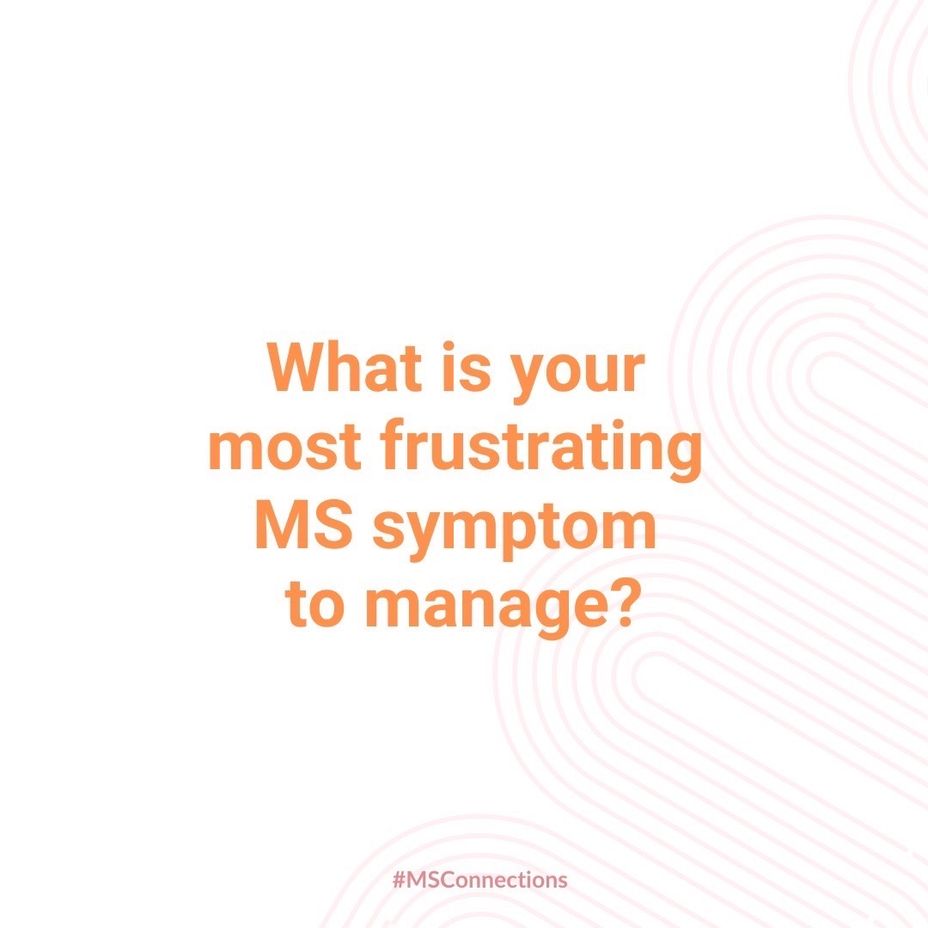What is multiple sclerosis?
Multiple sclerosis or MS is a disease that affects the brain and spinal cord. MS is an autoimmune disease, meaning it causes the immune system to attack itself. This disease causes damage to the tissue that surrounds the brain and spinal cord, causing interference in the communication between the brain and the body.
What are the symptoms of multiple sclerosis?
Symptoms of multiple sclerosis range in severity depending on the areas affected and the stage of the disease. Some common MS signs and symptoms include:
- Numbness and weakness of the limbs
- Shock-like symptoms that occur with neck movement
- Tremor
- Visual problems
- Slurred speech
- fatigue
If you’re experiencing signs of multiple sclerosis, speak to your healthcare professional.
What causes multiple sclerosis?
The exact cause of MS is not known. This autoimmune disease occurs when the immune system attacks itself and damages the myelin sheath. The myelin sheath surrounds the brain and spinal cord, acting like a protective layer. When this layer becomes damaged, nerve fibers are exposed, causing the messages they are supposed to deliver to become slowed or blocked. Certain risk factors make individuals more likely to develop MS, such as age, sex, family history, and race. MS is commonly diagnosed between 20 and 40 years of age, but you can be diagnosed at any age. Women are more likely to get MS, and having an immediate family member with the disease also increases your likelihood of getting it.
How do you treat multiple sclerosis?
Although there is no cure for MS, there are a variety of treatments that can help slow progression and manage symptoms. When patients have an MS attack, they may be prescribed corticosteroids or plasma exchange to help their bodies recover. There are a variety of medications available that may help slow the progression of MS, including injectable medications such as interferon beta medications and glatiramer acetate. Oral medications that are designed to help with the progression of MS include Fingolimod (Gilenya), Dimethyl fumarate (Tecfidera), Diroximel fumarate (Vumerity), Teriflunomide (Aubagio), and Siponimod (Mayzent). Physical therapy is an effective way to manage symptoms by helping with stretching and movement.
The Power of MS Support Groups
A multiple sclerosis diagnosis is life-changing. If you don’t have friends or family who understand what you’re going through, it’s easy to feel like you’re carrying the burden alone. But you’re not alone.
At The Mighty, we believe no one should have to go through multiple sclerosis treatment without support. Our online community has thousands of members sharing their stories. When you join our online MS support group, you’ll learn coping techniques, tips for managing multiple sclerosis symptoms, and advice for navigating your day-to-day.
Join our MS support group online and start your journey with The Mighty today.
Connections That Care
In addition to resources and educational content about multiple sclerosis, you’ll also find your people here. Our members share social events for people living with MS to connect, as well as programs and groups you can join.
You’ll have access to the latest MS news and medical research, an open forum to ask questions, and inspiring stories about people just like you. Learn from the experiences of other people and share your own. When you’re part of an MS support group with thousands of members, you become part of something much larger than yourself.
Build human connection and start every day with strength. Join The Mighty’s MS support group today.










